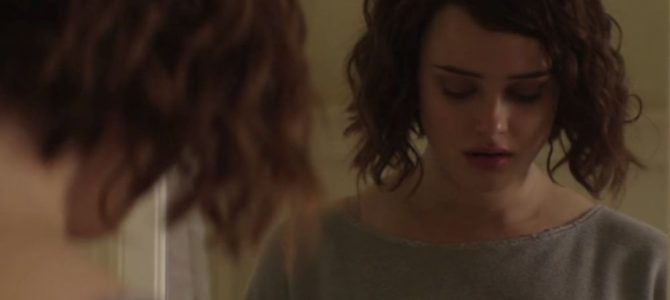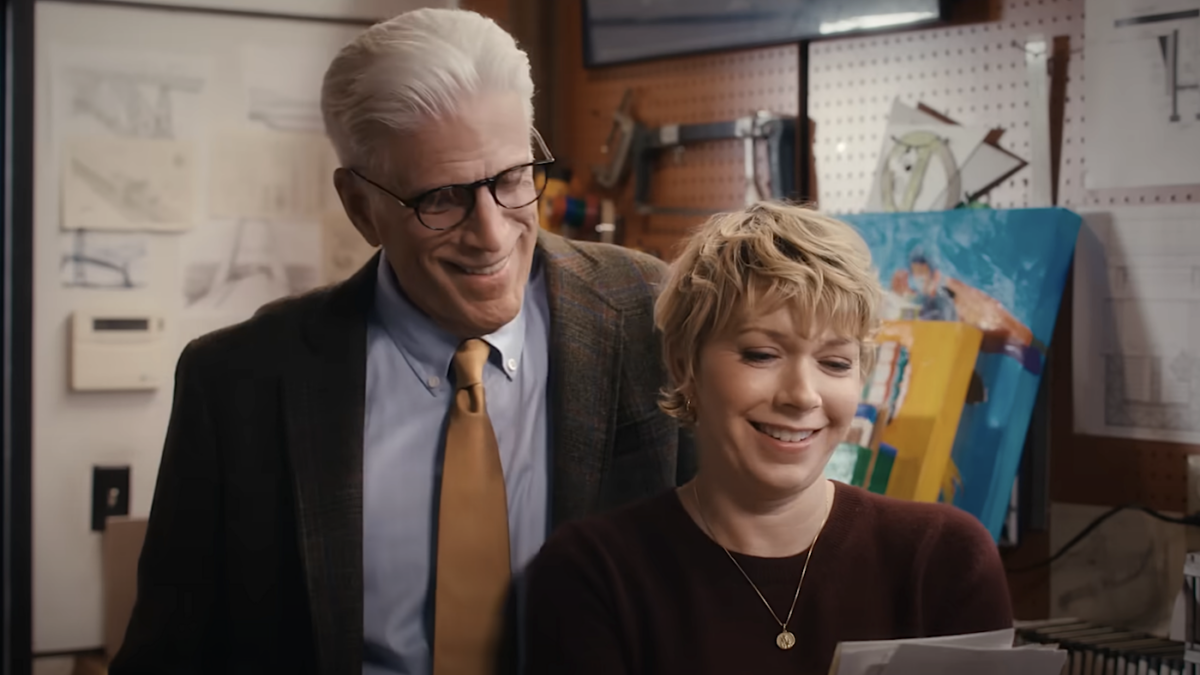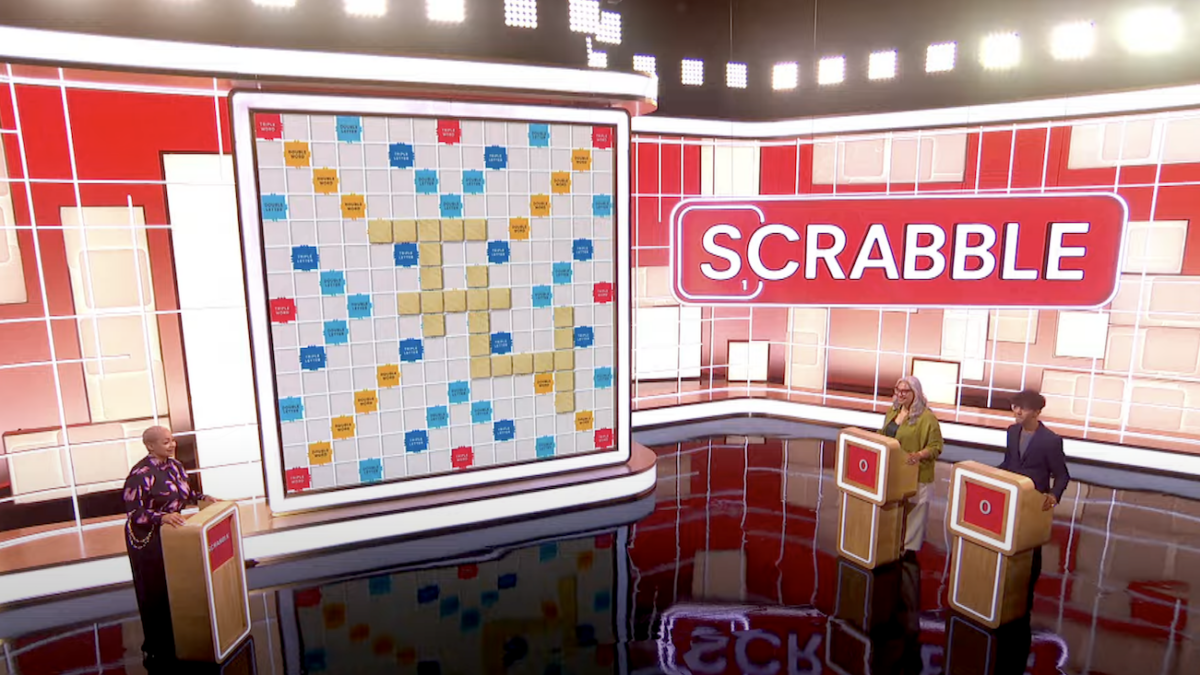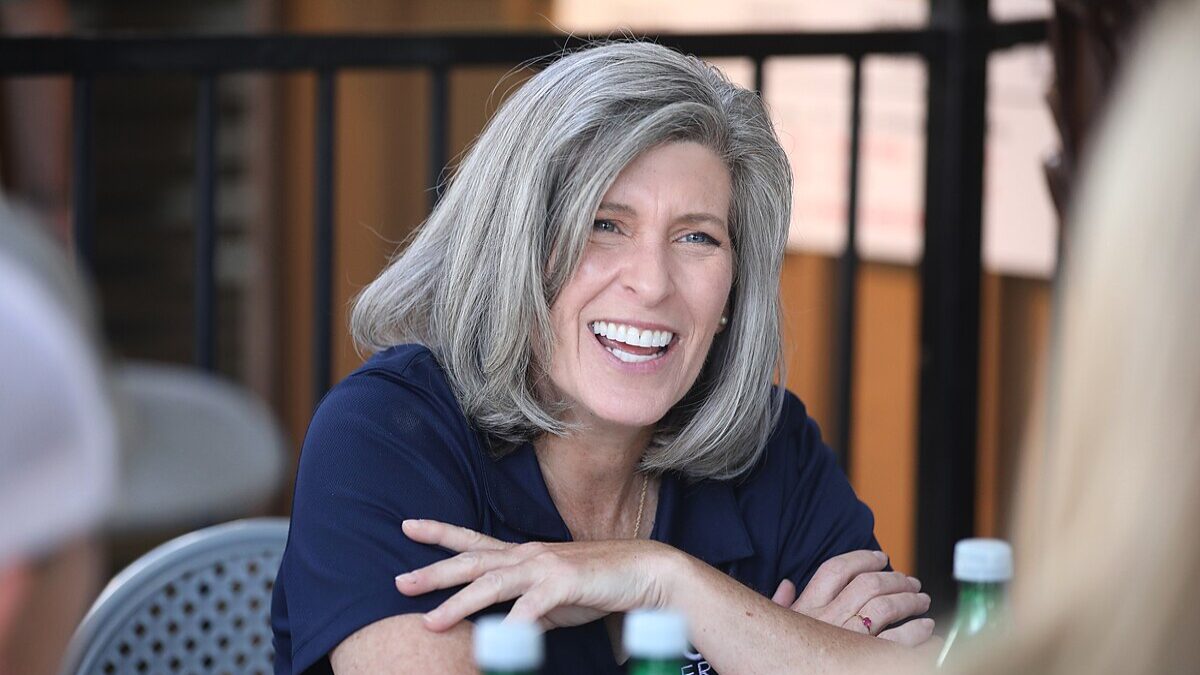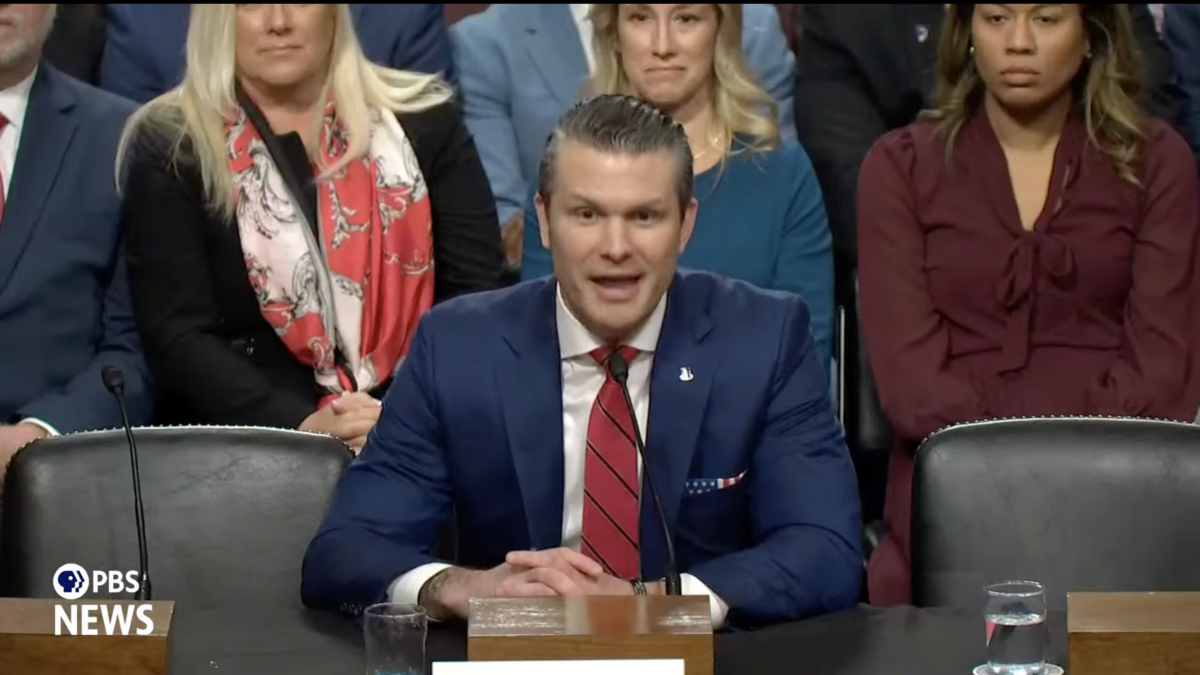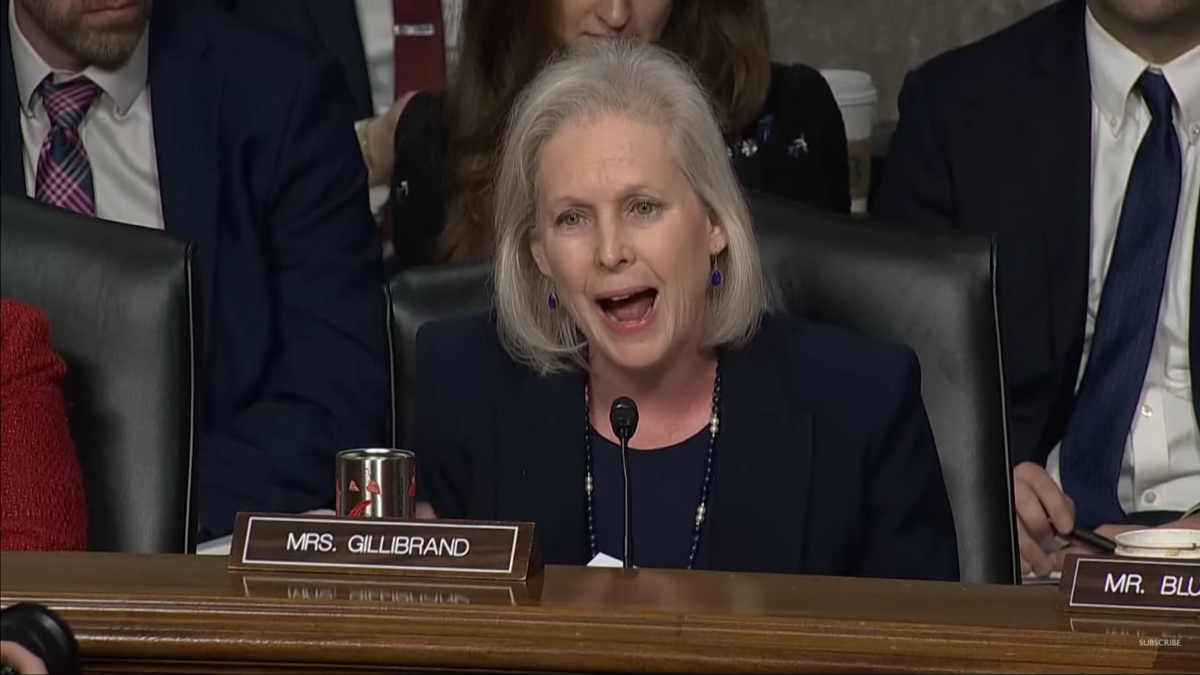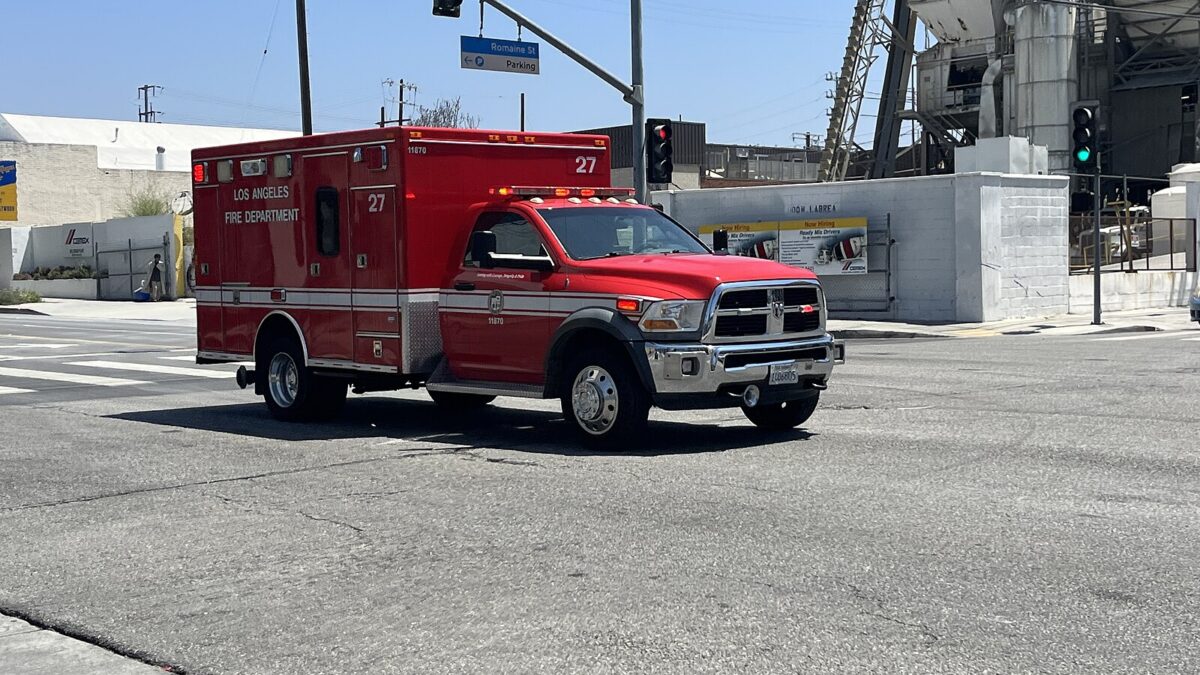“13 Reasons Why” is a young adult novel turned Netflix drama that’s causing a lot of buzz, both negative and positive, since its release on March 31. Having read the book several years ago, I was intrigued to see how it played out in television form. In true 2017 fashion, I binge-watched the series in two days and came away with an uneasy feeling. In short, I wouldn’t recommend allowing your teenagers (and certainly no younger children) to watch this show.
The show documents 13 reasons 17-year-old high school student Hannah Baker decided to commit suicide. The show begins days after Hannah was found in the bathtub having fatally slit her wrists. Before committing suicide, Hannah recorded 13 tapes, each one assigned to a particular person she blames for pushing her to the brink. The tapes have been distributed to the individuals they indict, and the students are desperate to keep them a secret.
There’s everything from bullying to false rumors about her sexuality, Hannah’s rejection by guys she likes to friends stabbing her in the back. Much of the beginning of the show is standard teenage drama, but each episode builds to more and more serious charges. The pressure and stigma against Hannah begins to affect her self-esteem and worldview, until one night she witnesses a horrific event on top of being part of a serious accident that kills another student.
The worst of it culminates when Hannah is raped by a classmate. When she attempts to reach out to the school counselor and others without really articulating what happened to her, she leaves dejected, feeling as though no one cares enough to help her save her own life.
The Show Implies Suicide Is Survivors’ Fault
The entire premise of the show is based on the fact that Hannah blames everyone else for letting her commit suicide. She does conclude that she, too, didn’t care enough to save herself, but it’s clear that she was waiting for someone to save her. The message to those watching the show is this: If you don’t catch the signs, you’re to blame when someone winds up dead.
I don’t think the author or the producers of “13 Reasons” intended this to be the message. It’s clear they want to provoke people to pay attention, stay alert, watch for signs, be there for people who seem like they hare having a hard time. It’s a message against bullying, spreading rumors, and certainly, against rape.
But it’s a dangerous precedent that could lead kids to blame themselves and experience a lifetime of trauma if someone they know does commit suicide. It’s important to talk about it, provide resources, and learn about mental health, certainly. But it isn’t healthy to let others believe they could have saved someone who made a decision to end his or her own life.
As one character says, “If one thing had gone differently somewhere along the line, maybe none of this would have happened.” The sentiment that “If I’d paid more attention” or “if you had kept pushing her to talk” she’d still be alive is exhaustively pushed throughout the entire last half of the show.
There’s been conflict over the fact that the show graphically showcases Hannah’s suicide, slitting her wrists with razor blades. Some have also said the tapes of her explaining what drew her to this point glamorize the act. Warnings are being issued to parents and schools before choosing to let students see this film—and for good reason. It’s true that movies and media can make love, war, life, and death appear to be what they are not, and some desperate kid may find this triggering in all the wrong ways.
Hannah can blame those 13 people who “didn’t care enough” for her personal choice to commit suicide. But it wasn’t their fault, and we shouldn’t be telling people that it was.
